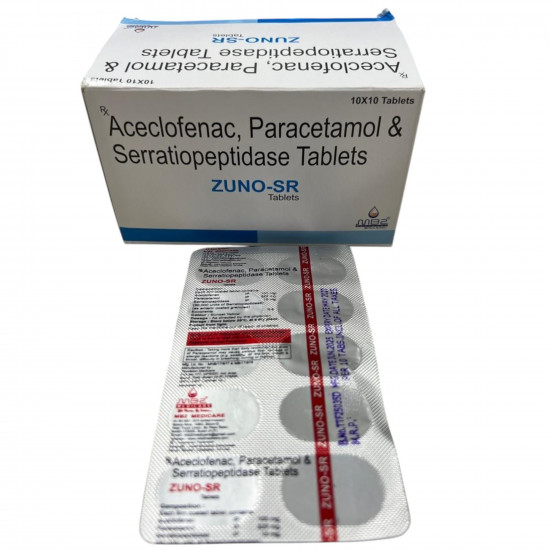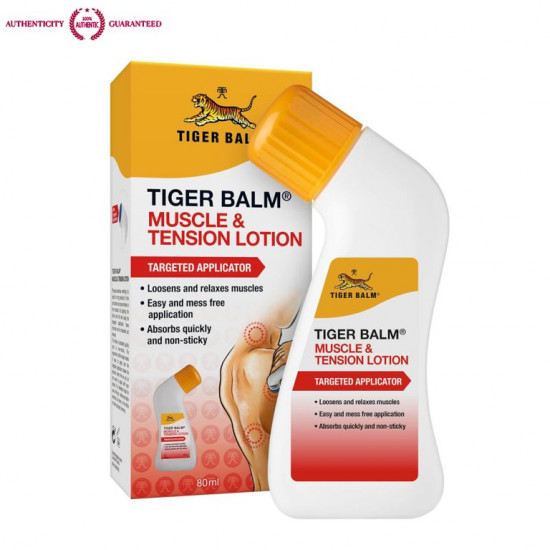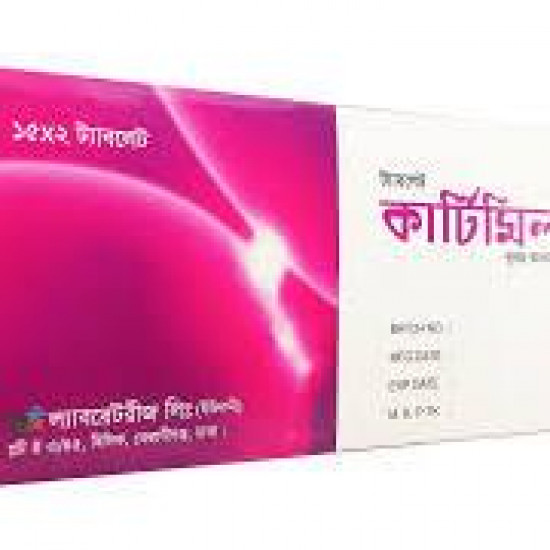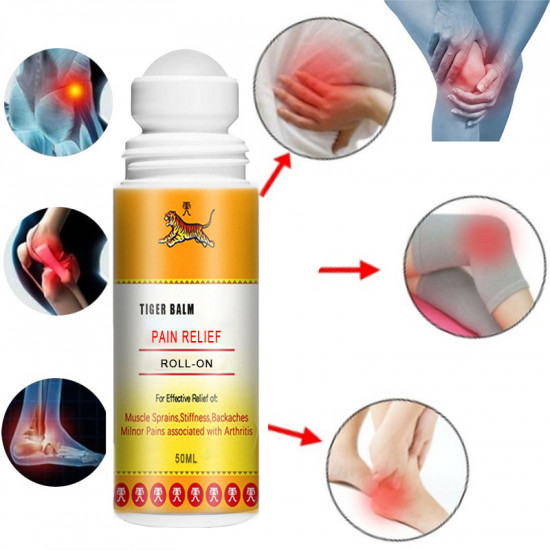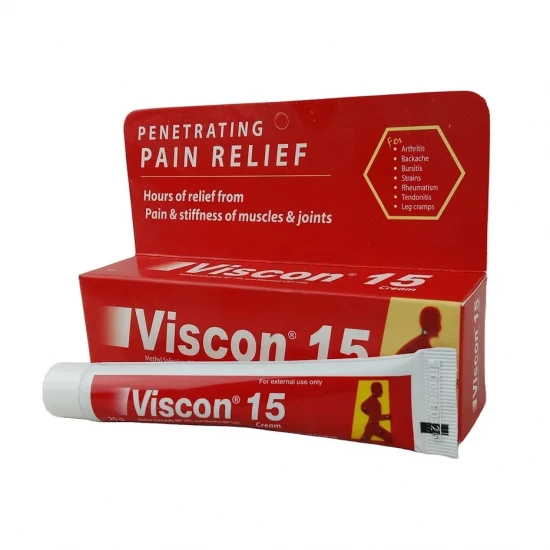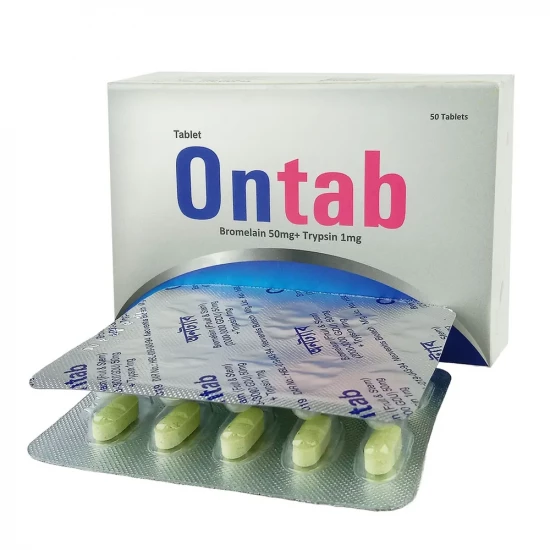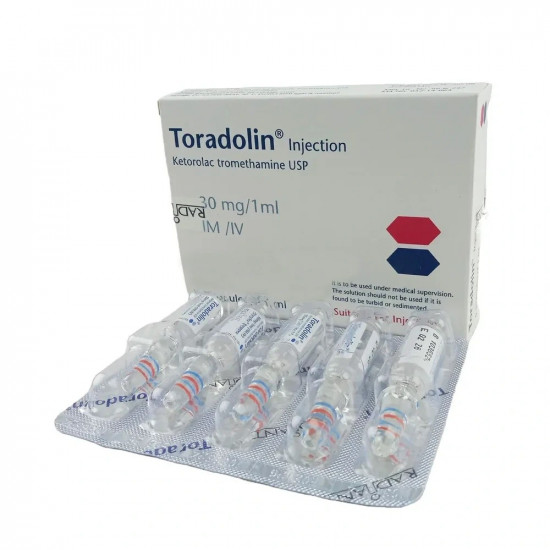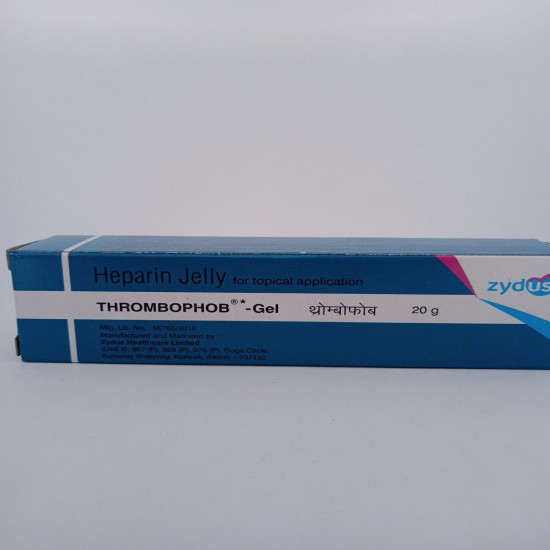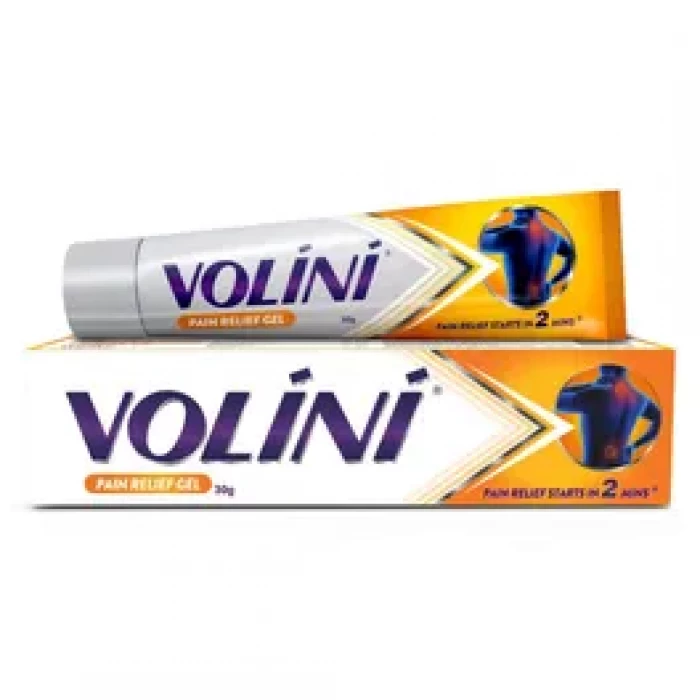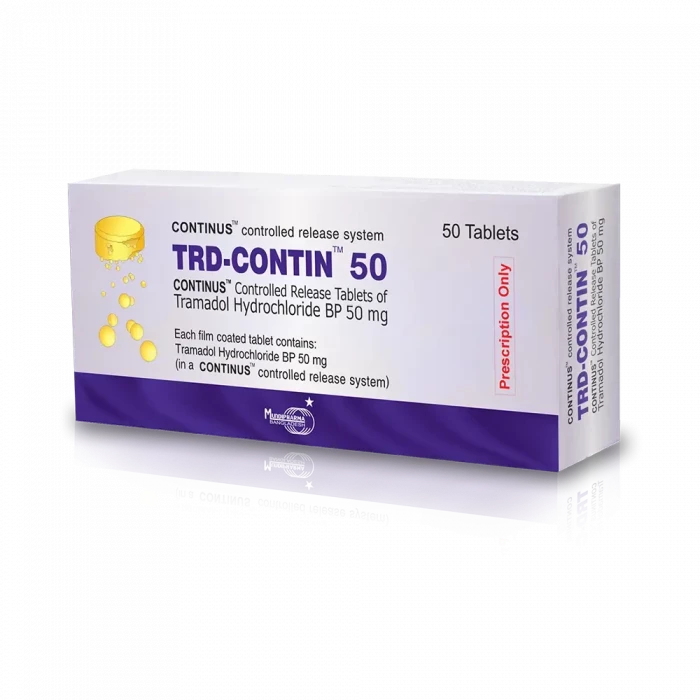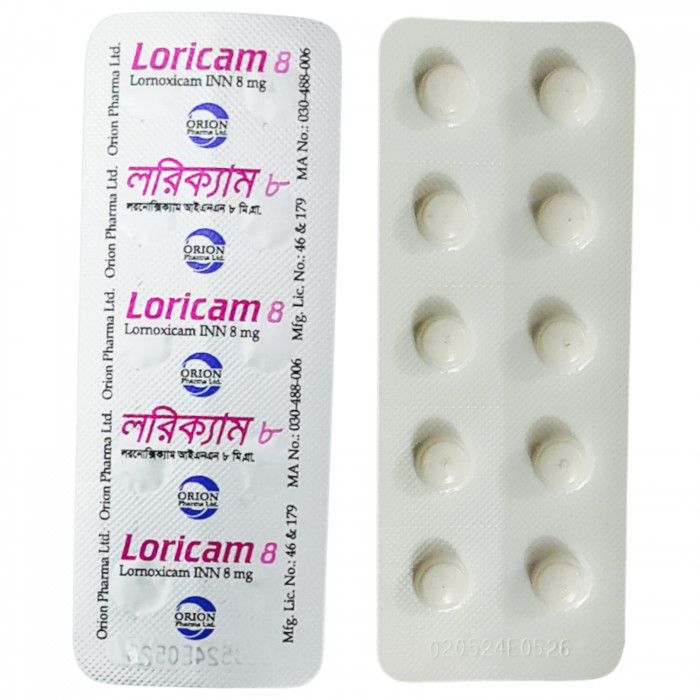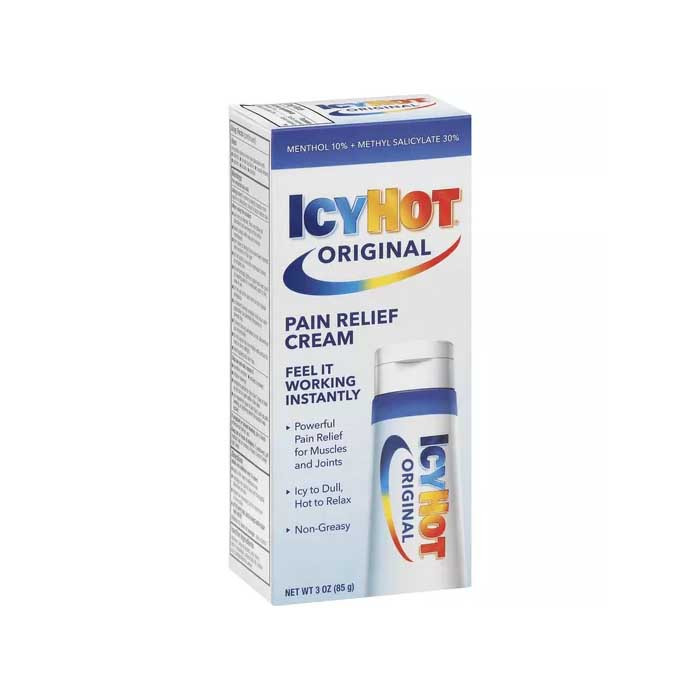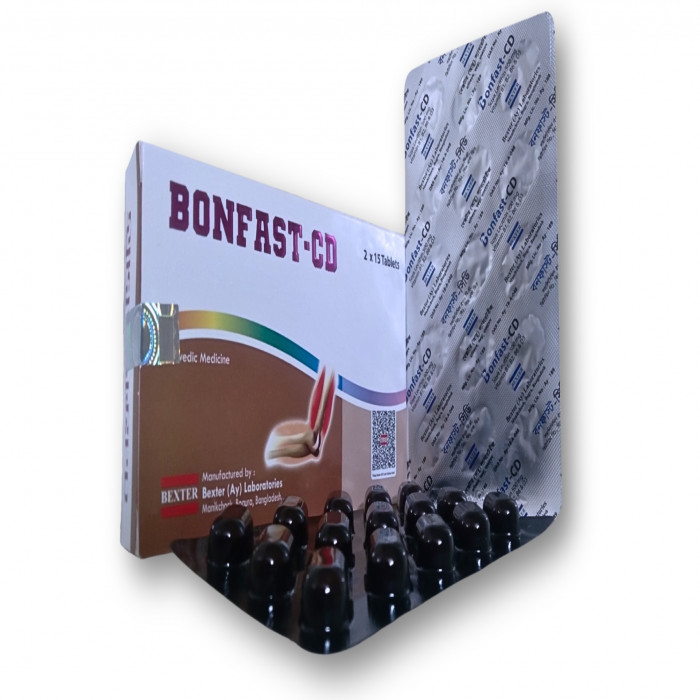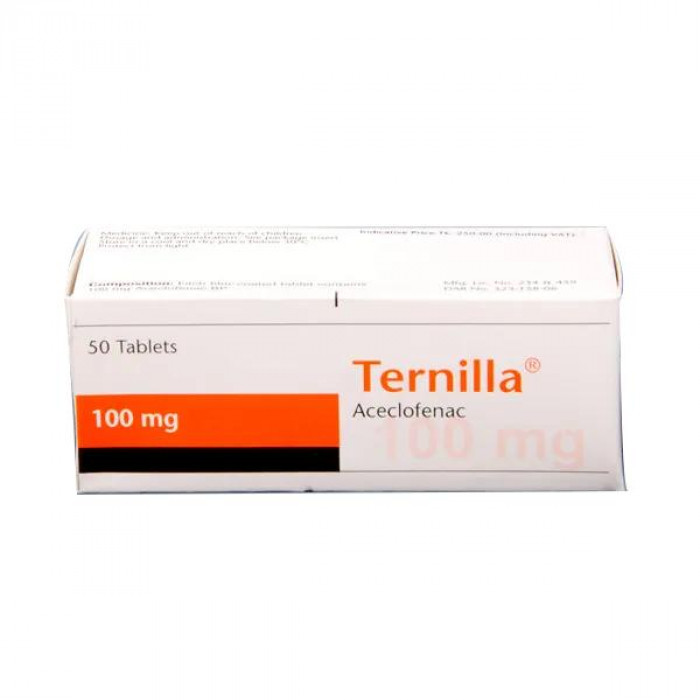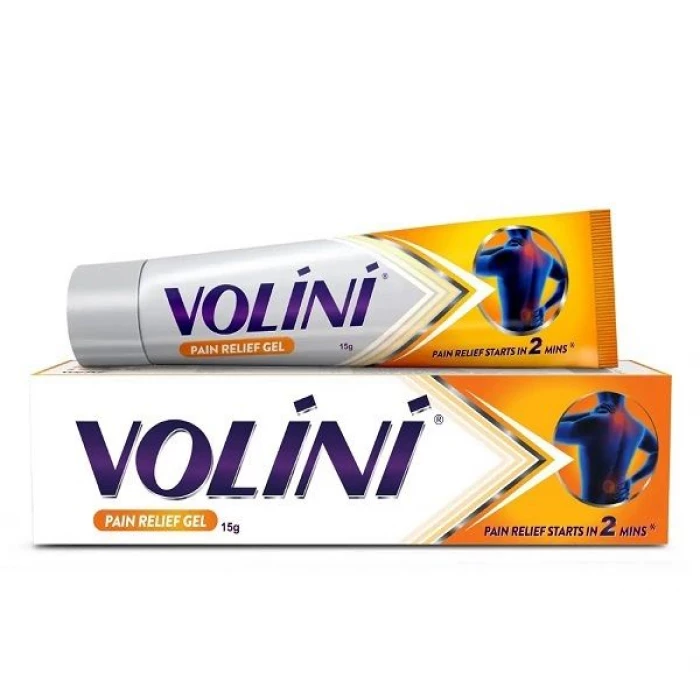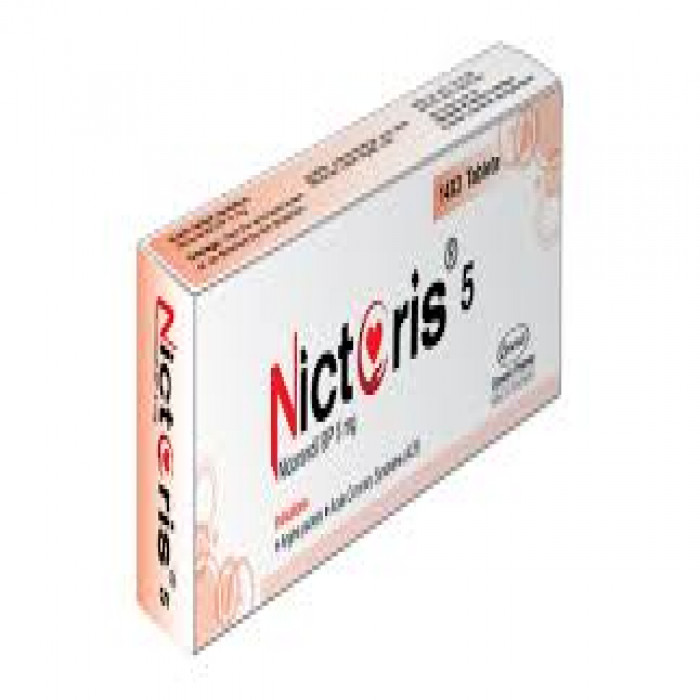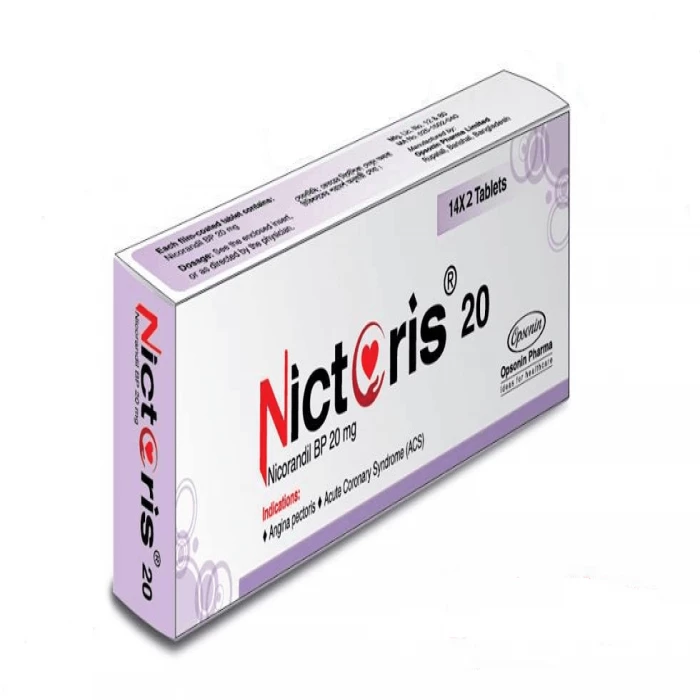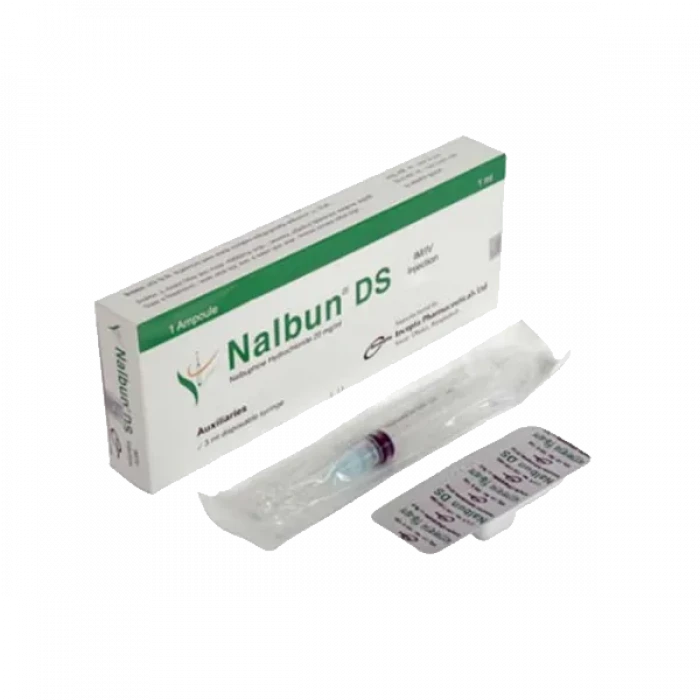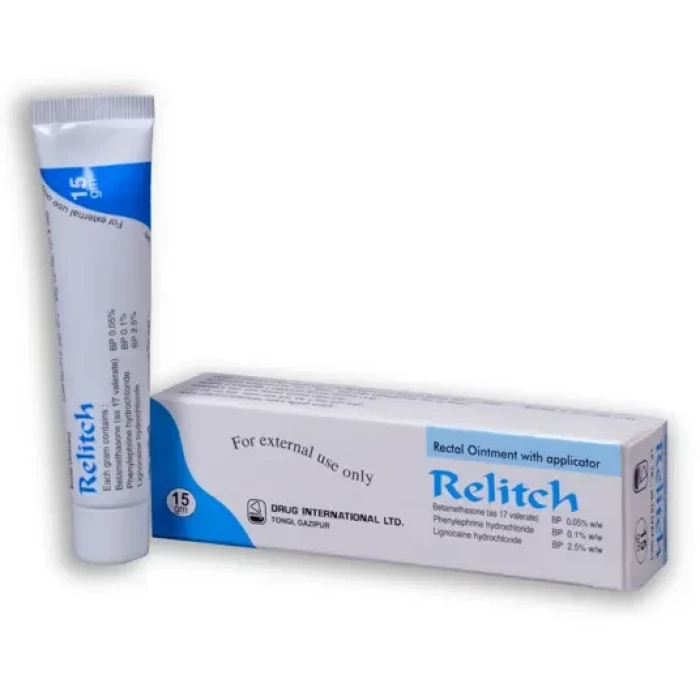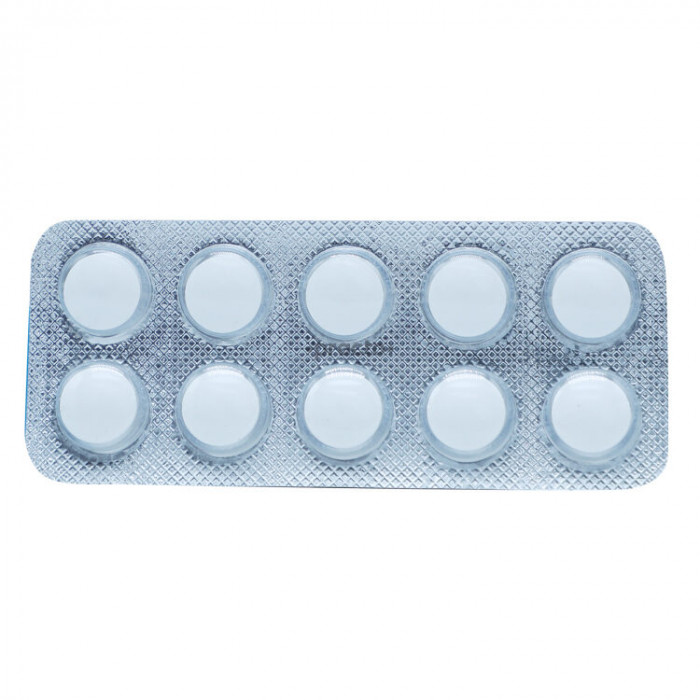
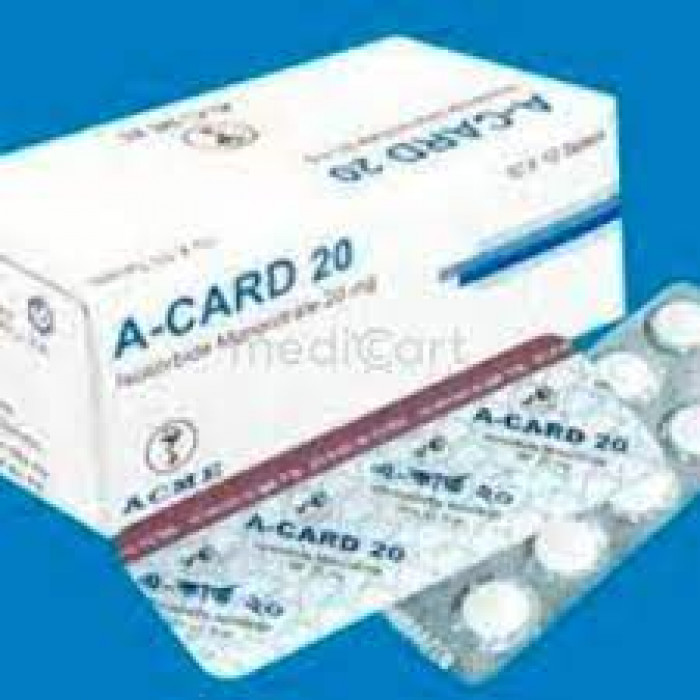
✔ 100% Authentic Product
👁️ Currently Viewing 1393
A-Card 20mg Tablet
Isosorbide Mononitrate is used for the treatment of Angina (heart-related chest pain)
Discount
Price: ৳ 24
MRP:
৳
25
6%
Off
✅ Description:
- A-Card 20mg Tablet is a medication used to prevent heart-related chest pain (angina). It works by relaxing and widening blood vessels, allowing blood to flow more easily to the heart. This medicine is not intended to treat an ongoing angina attack.
- Before starting the A-Card 20mg Tablet, inform your doctor if you have low blood pressure, increased eye pressure (glaucoma), kidney disease, or heart failure. Also, let your doctor know about any other medications you're taking, as some may interact with or be affected by A Card, which could potentially be dangerous. Notably, A-Card 20mg Tablet should not be taken alongside medicines for erectile dysfunction.
- A-Card 20mg Tablet helps prevent and treat angina, a type of chest pain related to heart problems. If you forget to take a dose, take it as soon as possible. However, if it's almost time for your next dose, skip the missed one and stick to your regular schedule. Don't double the dose to make up for a missed one. It's important to follow your doctor's recommendations for taking A-Card 20mg Tablet to ensure its effectiveness.
Safety Advices

Alcohol
UNSAFE
It is unsafe to consume alcohol while taking A-Card 20mg Tablet. Drinking alcohol with this medication may lead to symptoms such as flushing, increased heart rate, nausea, thirst, chest pain, and low blood pressure (Disulfiram reaction).

Pregnancy
UNSAFE
Using A-Card 20mg Tablet during pregnancy may be unsafe. While there are limited human studies, animal research has indicated potential harm to the developing baby. Your doctor will evaluate the benefits and potential risks before prescribing this medication during pregnancy. It's advisable to consult your doctor.

Breastfeeding
CONSULT YOUR DOCTOR
A-Card 20mg Tablet is likely safe to use while breastfeeding. Limited human data suggests that the drug does not pose a significant risk to the baby. If you have concerns, consult your doctor before using this medication while breastfeeding.

Driving
CAUTION
A-Card 20mg Tablet may reduce alertness, affect your vision, or cause drowsiness and dizziness. If you experience these symptoms, it is unsafe to drive. Avoid operating a vehicle or heavy machinery if you encounter these side effects.

Kidney
CONSULT YOUR DOCTOR
A-Card 20mg Tablet is safe to use in patients with kidney disease. No dose adjustment is typically required for individuals with kidney issues. However, if you have underlying kidney problems, it's advisable to discuss your condition with your doctor.

Liver
CONSULT YOUR DOCTOR
A Card is probably safe for patients with liver disease. The available data indicates that dose adjustment is generally not necessary for individuals with liver issues. Nevertheless, it's essential to consult your doctor, especially if you have liver disease.
✔️ Uses of A-Card 20mg Tablet
- Angina (heart-related chest pain)
✔️ How does A-Card 20mg Tablet work?
It works by reducing the heart's workload and decreasing the demand for blood and oxygen supply to the heart muscle.
✔️ Side Effects of A-Card 20mg Tablet
Common side effects may include headache, dizziness, and hypotension.
✔️ Quick Suggestions:
- It's essential to take this medicine exactly as prescribed, even if you feel well, as it helps prevent chest pain in the future.
- If you stop taking it, your risk of chest pain may increase, especially if you discontinue use suddenly.
- Lifestyle changes, including a healthy diet, regular exercise, and quitting smoking, can enhance the effectiveness of this medicine.
- Tolerance to A Card can develop over time, meaning that the same dose becomes less effective.
- Adhering to a specific dosing schedule is crucial to prevent this.
✔️ Indications:
Isosorbide Mononitrate is used to prevent and treat angina pectoris caused by coronary artery disease. It is not effective in stopping an acute anginal attack due to its slow onset of action.
✔️ Pharmacology
Isosorbide mononitrate is the primary active metabolite of isosorbide dinitrate (ISDN), and most of the clinical effects of the dinitrate are attributed to the mononitrate. Its pharmacological action primarily involves the relaxation of vascular smooth muscle and subsequent dilation of peripheral arteries and veins, particularly veins. Dilation of veins promotes peripheral blood pooling and reduces venous return to the heart, thereby reducing left ventricular end-diastolic pressure and pulmonary capillary wedge pressure (preload). Arteriolar relaxation decreases systemic vascular resistance, systolic arterial pressure, and mean arterial pressure (afterload). It also results in dilation of the coronary arteries. The relative significance of preload reduction, afterload reduction, and coronary dilation remains unclear.
✔️ Dosage & Administration of A-Card 20mg Tablet
Tablet: The usual oral dose is one tablet (20 mg) taken twice daily, with the first dose in the morning and the second dose 7 hours later. While maintenance doses can range from 20 mg to 120 mg (1-6 tablets), a starting dose of 10 mg (1/2 tablet) is suitable when commencing treatment or as directed by a registered physician.
Sustained Release Capsule: The usual oral dose is one capsule (50 mg) taken daily or as directed by a registered physician.
✔️ Interaction
- Concurrent use of Isosorbide Mononitrate with phosphodiesterase inhibitors in any form is contraindicated.
- Combining Isosorbide Mononitrate with riociguat, a soluble guanylate cyclase stimulator, is contraindicated.
- The vasodilating effects of isosorbide mononitrate may be additive with those of other vasodilators. Alcohol, in particular, has been found to exhibit additive effects of this nature.
- Significant symptomatic orthostatic hypotension has been reported when calcium channel blockers and organic nitrates were used in combination. Dose adjustments of either class of agents may be necessary.
✔️ Contraindications
- Isosorbide mononitrate is contraindicated in patients who are allergic to it.
- Avoid using Isosorbide Mononitrate in patients taking certain drugs for erectile dysfunction (phosphodiesterase inhibitors) such as sildenafil, tadalafil, or vardenafil, as concurrent use can lead to severe hypotension, syncope, or myocardial ischemia.
- Do not use Isosorbide Mononitrate in patients who are taking the soluble guanylate cyclase stimulator riociguat, as concurrent use can cause hypotension.
✔️ Pregnancy & Lactation
- Isosorbide Mononitrate is classified as Pregnancy Category B. Animal studies in rats and rabbits at doses of up to 540 mg/kg/day and 810 mg/kg/day, respectively, have shown no evidence of harm to the fetus due to isosorbide mononitrate. However, there are no adequate and well-controlled studies in pregnant women. Therefore, Isosorbide Mononitrate should be used during pregnancy only if clearly needed.
- Isosorbide mononitrate is not known to be excreted in human milk. However, because many drugs are excreted in human milk, they should be used with caution by nursing mothers.
✔️ Precautions & Warnings
- Even small doses of isosorbide mononitrate can cause severe hypotension, especially when used in an upright position. Caution is needed when using this drug in patients who may be volume-depleted or who are already hypotensive for any reason.
- Isosorbide mononitrate-induced hypotension can be accompanied by paradoxical bradycardia and increased angina pectoris.
- Nitrate treatment may worsen the angina caused by hypertrophic cardiomyopathy.
- In industrial workers with long-term exposure to unknown (likely high) doses of organic nitrates, tolerance clearly occurs. These workers have experienced chest pain, acute myocardial infarction, and even sudden death during brief discontinuation of nitrates, indicating the presence of serious physical dependence. The significance of these observations for the routine clinical use of oral isosorbide mononitrate is not known.
- Patients should be advised that the antianginal effectiveness of Isosorbide Mononitrate tablets can be maintained by strictly following the prescribed dosing schedule (two doses taken seven hours apart). For most patients, this can be achieved by taking the first dose upon awakening and the second dose 7 hours later.
✔️ Storage Conditions
Protect from light and moisture by storing below 30°C. Keep the medicine out of children's reach.
⚠️Disclaimer:
At ePharma, we’re committed to providing accurate and accessible health information. However, all content is intended for informational purposes only and should not replace medical advice from a qualified physician. Please consult your healthcare provider for personalized guidance. We aim to support, not substitute, the doctor-patient relationship.




